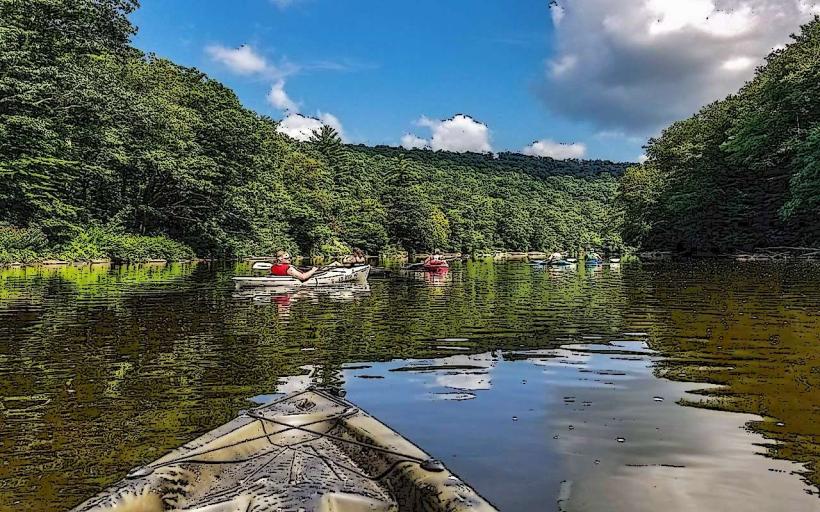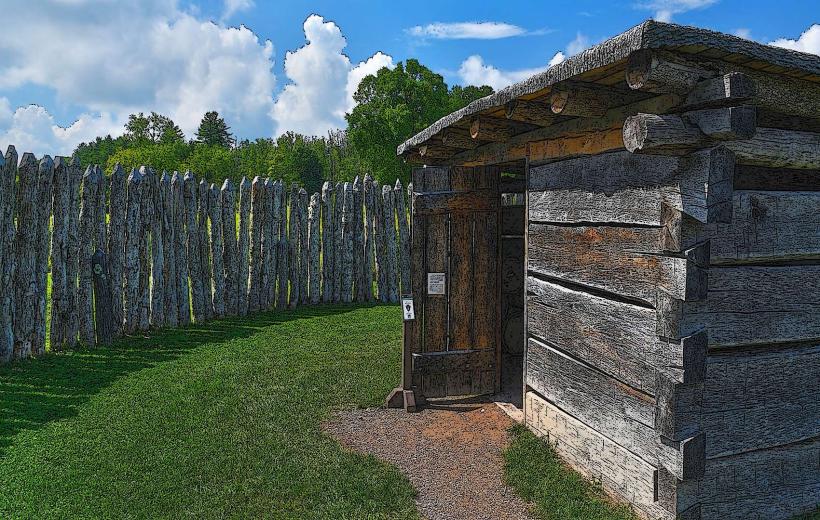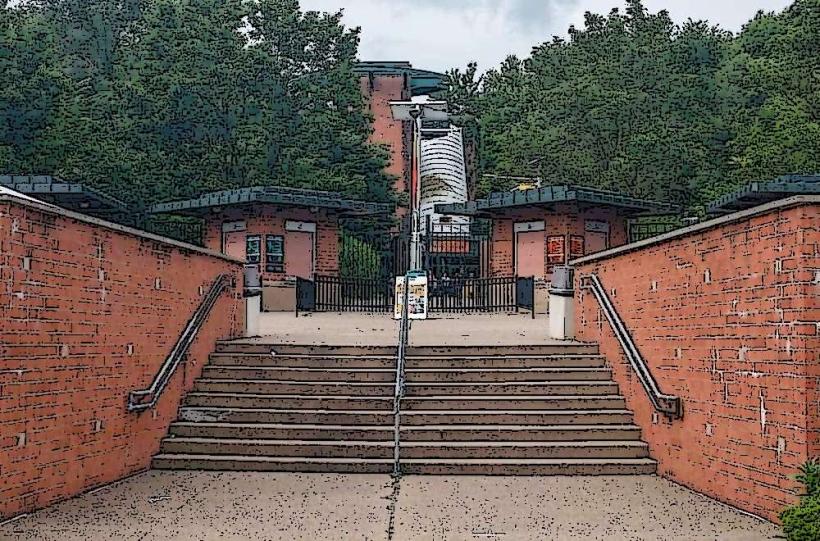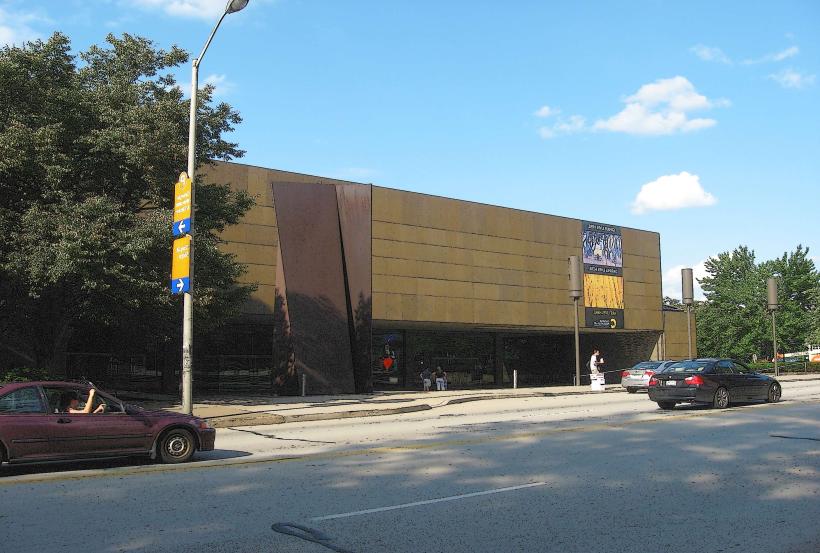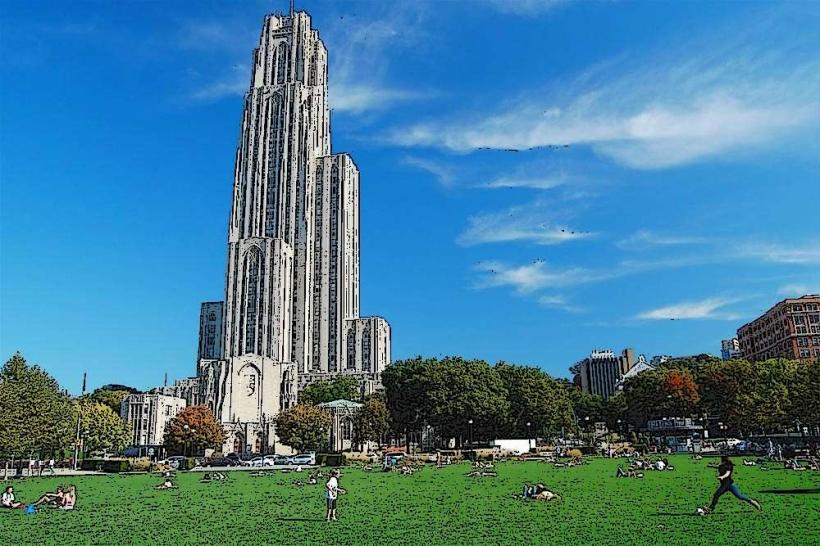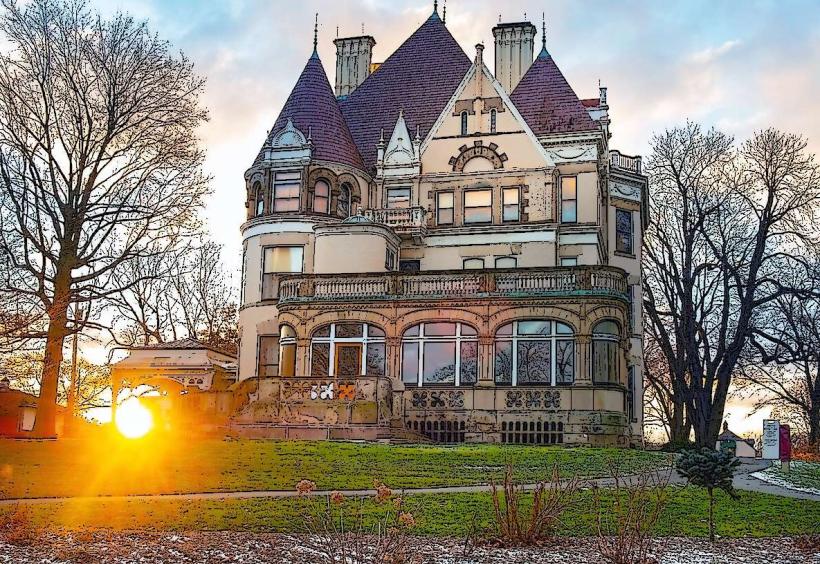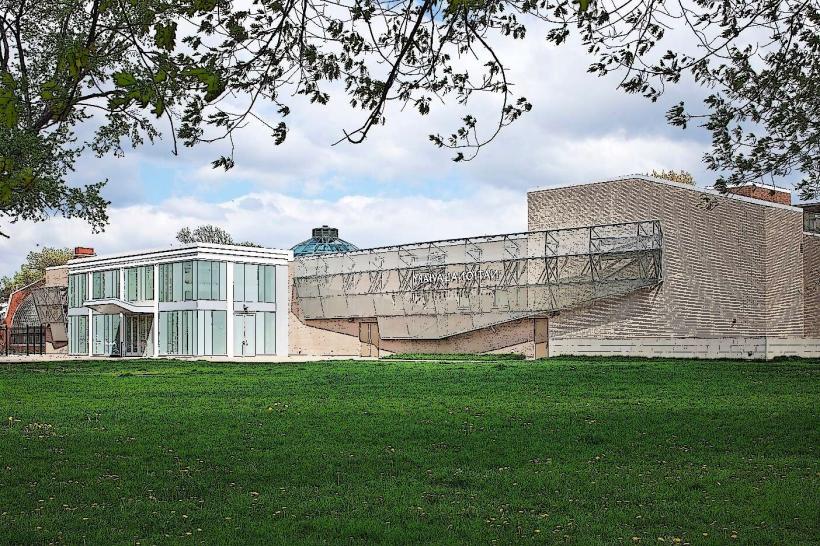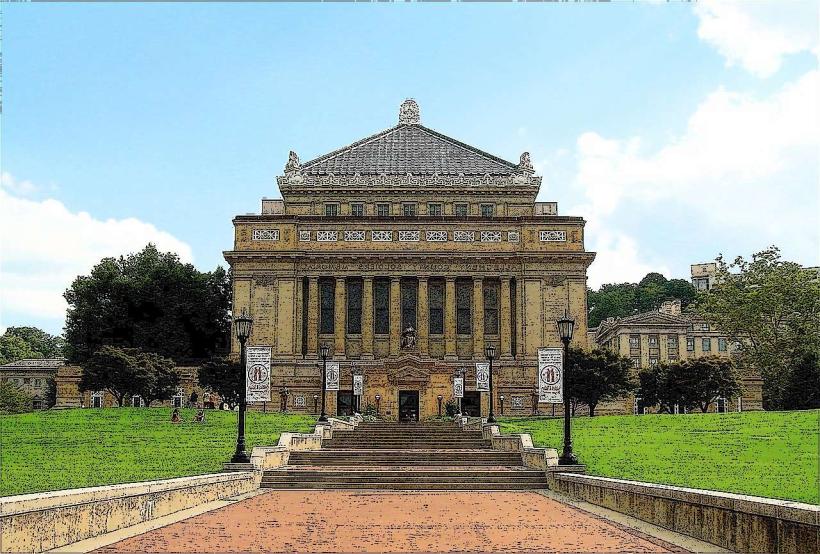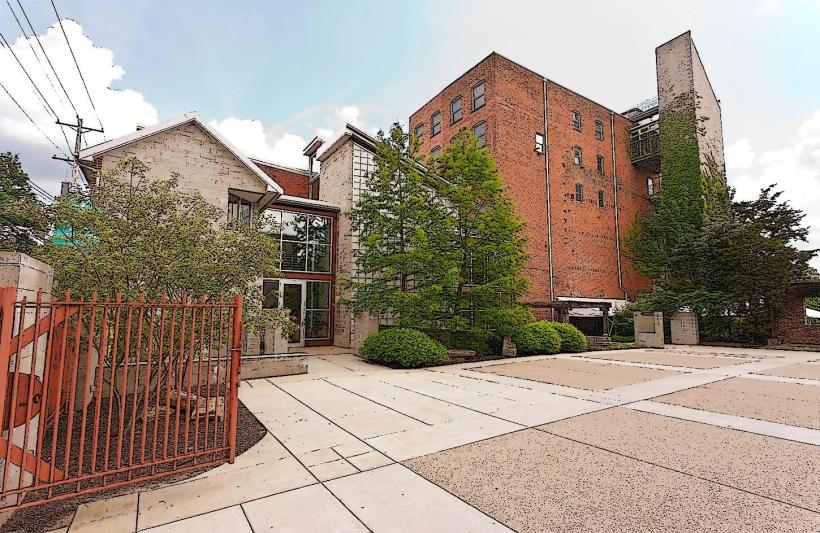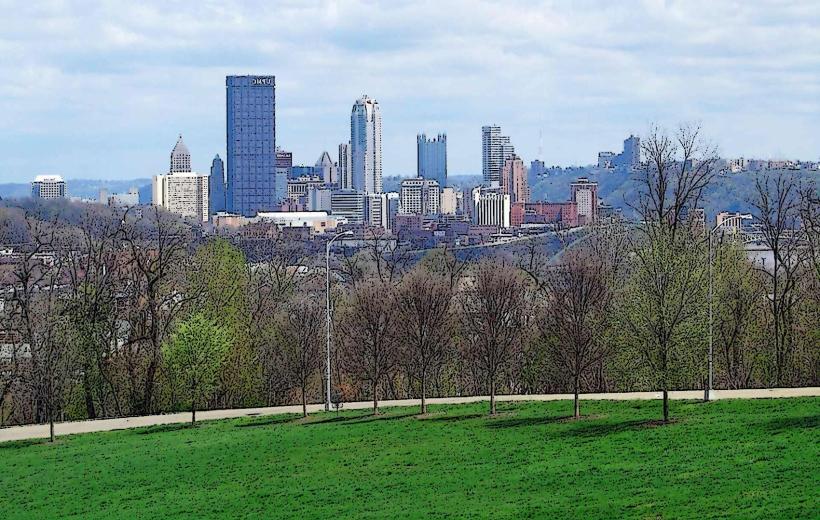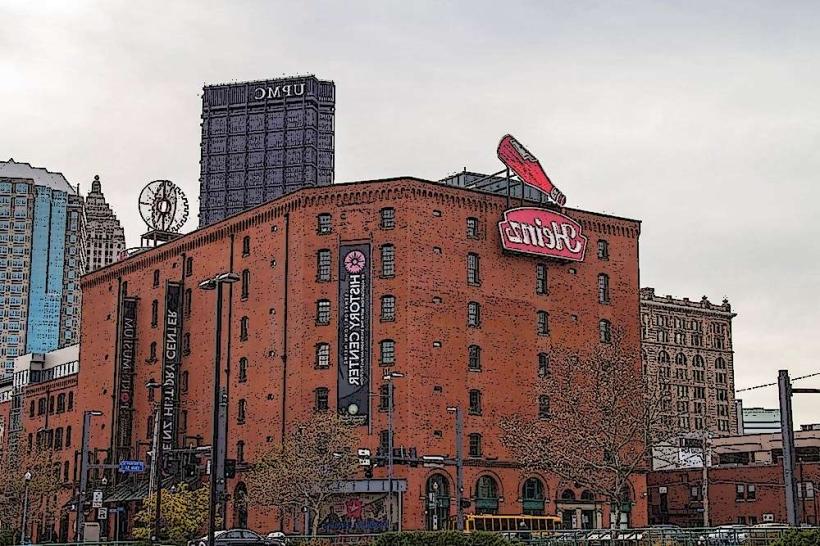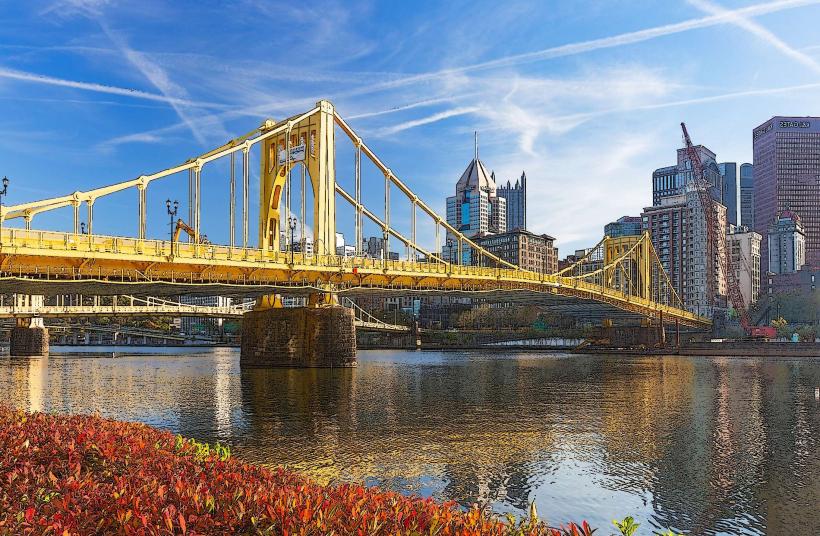Information
Landmark: Carnegie Museum of Natural HistoryCity: Pittsburgh
Country: USA Pennsylvania
Continent: North America
Carnegie Museum of Natural History, Pittsburgh, USA Pennsylvania, North America
Here is a detailed overview of the Carnegie Museum of Natural History in Pittsburgh:
Overview
The Carnegie Museum of Natural History is one of the premier natural history museums in the United States and a part of the Carnegie Museums of Pittsburgh. It is renowned for its extensive collections, groundbreaking research, and engaging exhibits that explore the natural world, including dinosaurs, minerals, wildlife, and ancient cultures. Founded in 1896, the museum serves as both a research institution and a public educational center, attracting visitors of all ages.
Location & Building
Address: 4400 Forbes Avenue, Pittsburgh, PA 15213
Located in the Oakland neighborhood, adjacent to the University of Pittsburgh and Carnegie Mellon University, making it accessible to locals and tourists alike.
The museum building combines historic architecture with modern expansions, providing spacious galleries and state-of-the-art exhibit spaces.
Collections & Exhibits
The museum’s collections are vast, with over 22 million specimens, covering diverse fields of natural history. Major permanent exhibits include:
Dinosaur Hall:
One of the museum’s highlights, featuring a world-class collection of dinosaur fossils. It includes a nearly complete skeleton of Diplodocus carnegiei, discovered in Montana, as well as a towering Tyrannosaurus rex. This hall offers interactive displays, fossil casts, and detailed scientific explanations.
Hillman Hall of Minerals and Gems:
Showcases over 1,300 specimens, including rare and stunning minerals, gemstones, and crystals from around the world. The exhibit is famous for its beauty and educational value, explaining the science behind mineral formation.
African and North American Wildlife Halls:
These halls feature realistic dioramas depicting animals in their natural habitats, offering insights into biodiversity, behavior, and ecology.
Birds of the World:
Contains an impressive collection of bird specimens, representing species from every continent and environment.
Botany and Entomology Collections:
Highlight plant specimens and insects, supporting research and education on the natural environment.
Ancient Cultures and Human Origins:
Exhibits exploring archaeology, anthropology, and human evolution.
Research & Education
The museum is home to several scientific research departments specializing in paleontology, anthropology, botany, and zoology.
It supports field expeditions, fossil discoveries, and museum-based research.
Educational programs cater to schools, families, and lifelong learners, offering workshops, lectures, and hands-on activities.
Visitor Experience
Hours of Operation:
Monday, Wednesday, Friday to Sunday: 10:00 AM – 5:00 PM
Thursday: 10:00 AM – 8:00 PM
Closed Tuesdays and major holidays (Easter, Thanksgiving, Christmas, New Year’s Day).
Admission:
Adults: $25
Seniors (65+): $20
Students (with ID) and Children (3–18): $15
Children under 3 and members: Free
Weekdays after 3 PM: Half-price admission
Admission covers entry to both the Natural History and the Carnegie Museum of Art.
Guided Tours & Programs:
The museum offers guided tours, family programs like Story Time, science seminars, and special events such as “Haunted Museum After Dark” in October and “Super Science Saturday.”
Facilities & Amenities
Parking:
A parking garage is located behind the museum at Forbes Avenue and South Craig Street. Rates vary based on duration, with accessible parking spaces available.
Dining:
Café Carnegie: Full-service café offering meals and snacks.
Fossil Fuels: Casual coffee and light bites.
Coffee and Wine Bar: Beverages and small plates in a relaxed setting.
Accessibility:
The museum is fully wheelchair accessible, with elevators and ramps. Complimentary wheelchairs are available on a first-come, first-served basis.
Gift Shop:
Offers a range of science and nature-themed books, toys, and souvenirs.
Tips for Visitors
Allocate at least 2–3 hours to explore key exhibits thoroughly.
Visit on Thursday evenings for extended hours and a less crowded experience.
Take advantage of the combined ticket for access to the adjacent Carnegie Museum of Art.
Check the museum’s website for special exhibitions, seasonal programs, and any changes in hours or admission.
Families will find plenty of interactive and educational activities for children.
The Carnegie Museum of Natural History offers a rich blend of science, education, and engaging displays, making it a must-visit destination for anyone interested in the natural world and history while in Pittsburgh.


